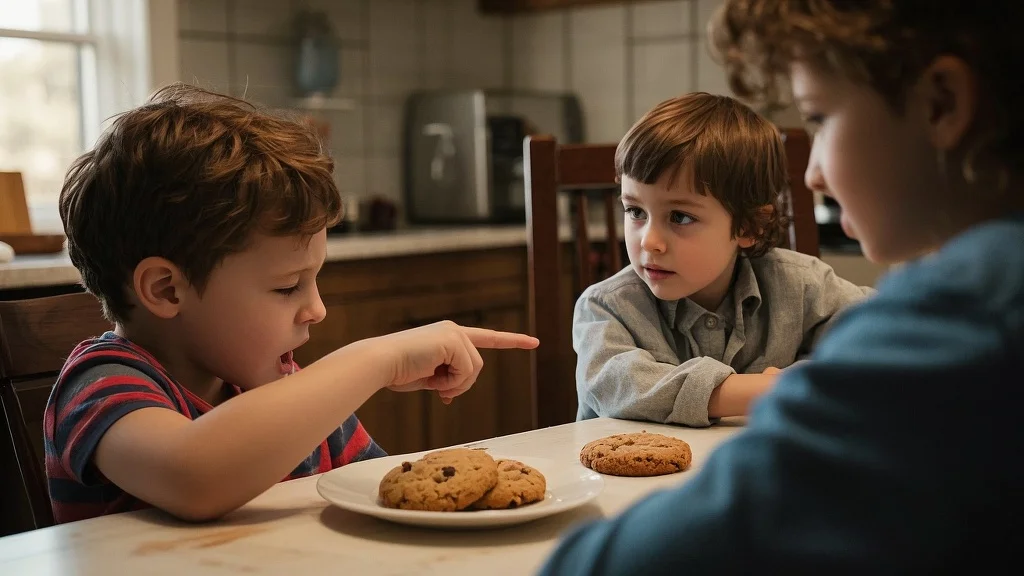Every parent wonders: Will my child grow up to thrive, find purpose, and succeed in the real world?
While each child’s journey is unique, psychologists agree—certain often-overlooked life skills play a huge role in shaping future success.
Here are five expert-backed strategies that can empower your child to become confident, capable, and resilient.
💡 1. Build Self-Confidence, Not Just Self-Esteem
Although they sound similar, self-esteem and self-confidence serve different purposes.
- Self-esteem = how children feel about themselves
- Self-confidence = how capable they believe they are in specific situations
According to educational psychologist Dr. Michele Borba, confidence is built by facing real challenges, solving problems, and bouncing back after setbacks. Let your child try, fail, and try again. That’s how resilience is formed.
“Confidence grows when kids struggle through something and come out stronger on the other side.” – Dr. Borba
🧠 2. Teach Self-Discipline Early
Want your child to do well in school and in life? Focus on self-control.
Psychologist Nir Eyal suggests introducing toddlers to time management through simple routines. Even playful games like “Red Light, Green Light” can teach kids to pause, think, and act with intention.
Helping kids learn to resist distractions and regulate emotions builds lasting motivation and intelligence.
🧍 3. Encourage Independence
According to child psychologist Dr. Tovah Klein, one of the biggest predictors of lifelong success is self-motivation.
Start by:
- Letting kids pack their own bags
- Giving them responsibility over routines
- Allowing small decision-making moments
Author Esther Wojcicki agrees: giving kids the space to make decisions (and mistakes) builds real-world confidence.
✨ 4. Normalize Mistakes and Embrace Imperfection
Success doesn’t come from being perfect—it comes from trying again after failure.
Instead of overprotecting kids from disappointment, model empathy when they make mistakes. Studies show that perfectionism can increase anxiety and lower self-esteem.
Teach them: “Mistakes are part of the process, not the end of the story.”
💰 5. Start Financial Education Early
Money talk isn’t just for grown-ups. Teaching kids about:
- Earning (allowance, chores)
- Saving (piggy banks, simple budgets)
- Spending wisely (wants vs. needs)
…gives them the tools to build financial independence later in life. Don’t wait until high school—start small and stay consistent.
🔑 Final Thought:
You don’t need to be a perfect parent—just an intentional one.
Focus on building skills, not chasing outcomes. Your child will be better equipped to face the world, no matter what path they choose.








